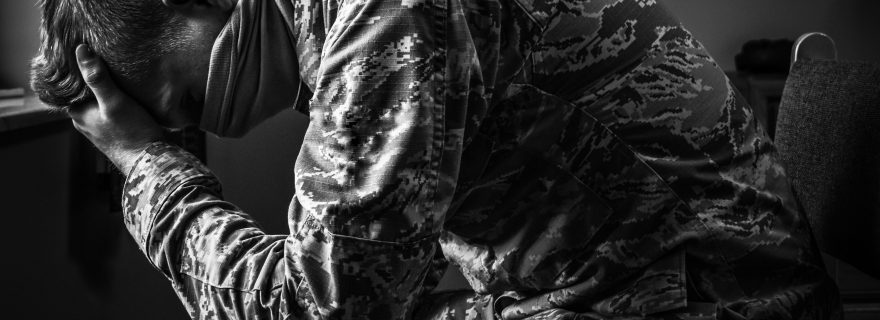Pathways of Foreign Fighters
What makes someone join a war despite having no legal or cultural ties to the war-torn nation? How does their wartime experience look like? And what do they do after the war ends?
Nearly two years ago, I embarked on an academic journey with generous support from Marie Sklodowska-Curie Actions to explore these questions. While the burgeoning literature offers fascinating insights into the recruitment and retention of these individuals known as foreign fighters in the context of Jihadi insurgencies (see here, here, here, and here), there is a dearth of studies exploring non-Jihadi foreign fighters. Taking one step away from the hype surrounding ISIS, I focused on the wars in Bosnia-Herzegovina and Croatia during the 1990s. Except for the mujahideen who fought on the Bosniak side, I was surprised to find little academic literature on Russian foreign fighters who fought on the Bosnian Serb side, as well as Western European nationals who flocked to support the Croatians in their war of independence. In this post, I offer you a glimpse into some of the most interesting findings from my research.
Existing knowledge on why foreign fighters join wars in faraway lands ranges from religious and ideological affinities and mere adventurism to hiding from the mafia, police, or their own families. I, too, find that ideology and moral qualms are most-cited reasons among the foreign volunteers who traveled to Bosnia and Croatia. In fact, the bulk of my interviewees from the Croatian war indicate that they had little prior knowledge about either Croatia or Yugoslavia. Others could only point to Yugoslavia on the map. Most heard about the conflict through the media. What drove many, in their words, was a strong anti-communist feeling, which was associated with Croatia’s secession from “communist” Belgrade. As one of my interviewees put it, “I believed the Yugoslav government [is] a relic of a defunct ideology and their claim to Croatian territory was without merit.” Echoing these ideological motives, many Russian volunteers who traveled to join the Bosnian Serb forces were under the influence of Pan-Slavic and Pan-Orthodox sentiments. As one of the most prominent Russian foreign fighters in the 1990s put it in one of his last interviews, his group of Russian veterans fought to “help the Orthodox [people], and not some individuals or companies.” There were, of course, moral concerns involved in their decision-making. As one of my interviewees who fought on the Croatian side described, he desired to help a “small, defenceless nation which was very obviously being bullied by its larger, more powerful neighbour”.
Motivation aside, what connects these two pools of volunteers is that the vast majority of them had certain military experience: some earned a military rank in their national militaries, while others took part in other wars. The First Dutch volunteer unit in Croatia, for example, was mostly limited to experienced fighters, while the members of the Second Russian Volunteer Unit (RDO-2) who fought in Bosnia had acquired their war experience in armed conflicts in Georgia and Moldova. What is furthermore extraordinary about these volunteers is that the military rank did not always determine whether they would lead their respective units. RDO-2 is interesting in this respect because its leader had neither a prior military rank nor rich warfighting experience. But his impressive organizational skills made RDO-2 one of the most capable volunteer units in the Eastern Bosnian theater. While these and similar foreign fighter units often had their own insignia and commanders, they were subordinated to the local military structures. The aim was to prevent arbitrary decisions and splintering, which did not always work as planned. The existence of multiple units sometimes led to clashes, as evidenced by skirmishes between RDO-2 and the Cossack detachment in Bosnia.
In both Bosnia and Croatia, foreign fighters were assigned to various detachments, from reconnaissance to shock and sabotage. Existing sources show that Russian forces were often sent to the toughest, if not suicidal, missions. This has greatly influenced the fate of foreign fighters, and by extension, their post-war pathways. Most of my interlocutors from the Croatian war, for instance, returned to civilian life, taking up new non-military professions. My impression is that those who had arrived on the wings of individual convictions were most likely to settle down in Croatia after the war, while those who came in an organized manner, like the Dutch unit that was recruited by The Dutch-Croatian Work Community, went back to the Netherlands. Those who returned home were often confronted with an unpleasant new reality: they were accused of being foreign mercenaries, bandits and killers. Adding fuel to the fire, many acquired physical disabilities and mental health issues as a consequence of war. But, when asked if they regret taking part in the war their answer remains a resounding “no”.


